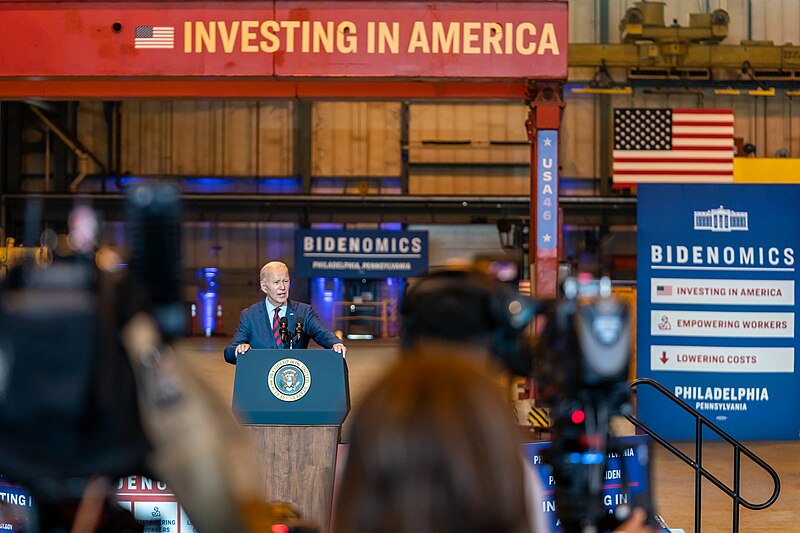U.S. News
Biden proposes reducing bank overdraft fees to as little as $3
By Jake Beardslee · January 18, 2024
In brief…
- Average overdraft fee now is $30-$35 per overdraft
- White House says average customer would save $150/year under new rule
- Proposal is part of Biden effort to provide relief to middle- and low-income families
- Biden says Republicans in Congress defend "exploitative fees"

The Biden administration announced a new proposal on Wednesday aimed at reducing overdraft fees charged by banks, a move the White House says will provide financial relief to millions of Americans. Under the proposed rule change by the Consumer Financial Protection Bureau (CFPB), the cost to overdraw a bank account could drop to as little as $3 per overdraft, according to The Associated Press. Currently, major banks charge an average fee of $30 to $35 when customers overdraw their accounts.
“For too long, some banks have charged exorbitant overdraft fees - sometimes $30 or more - that often hit the most vulnerable Americans the hardest, all while banks pad their bottom lines,” President Biden said in a statement. “That’s why today, my Administration took new actions to tackle these hidden fees.”
The White House estimates the proposal would save the average bank customer approximately $150 per year in overdraft fees. Altogether, American families are expected to save an estimated $3.5 billion annually.
Consumer advocates have long argued that overdraft fees amount to predatory lending practices, disproportionately affecting low-income households. Banks counter that the fees help offset costs associated with covering overdrafts.
The proposed CFPB rule is part of a broader effort by the Biden administration to provide economic relief to middle- and low-income families by cracking down on various fees charged by corporations. Republicans in Congress have pushed back against these efforts, arguing they represent government overreach.
“Unfortunately, some Republicans in Congress continue to defend these exploitative fees,” Biden said. “This is just one part of my Administration’s broader plan to lower costs for hardworking families.”
The CFPB will now seek public feedback on the proposal before issuing a final rule.